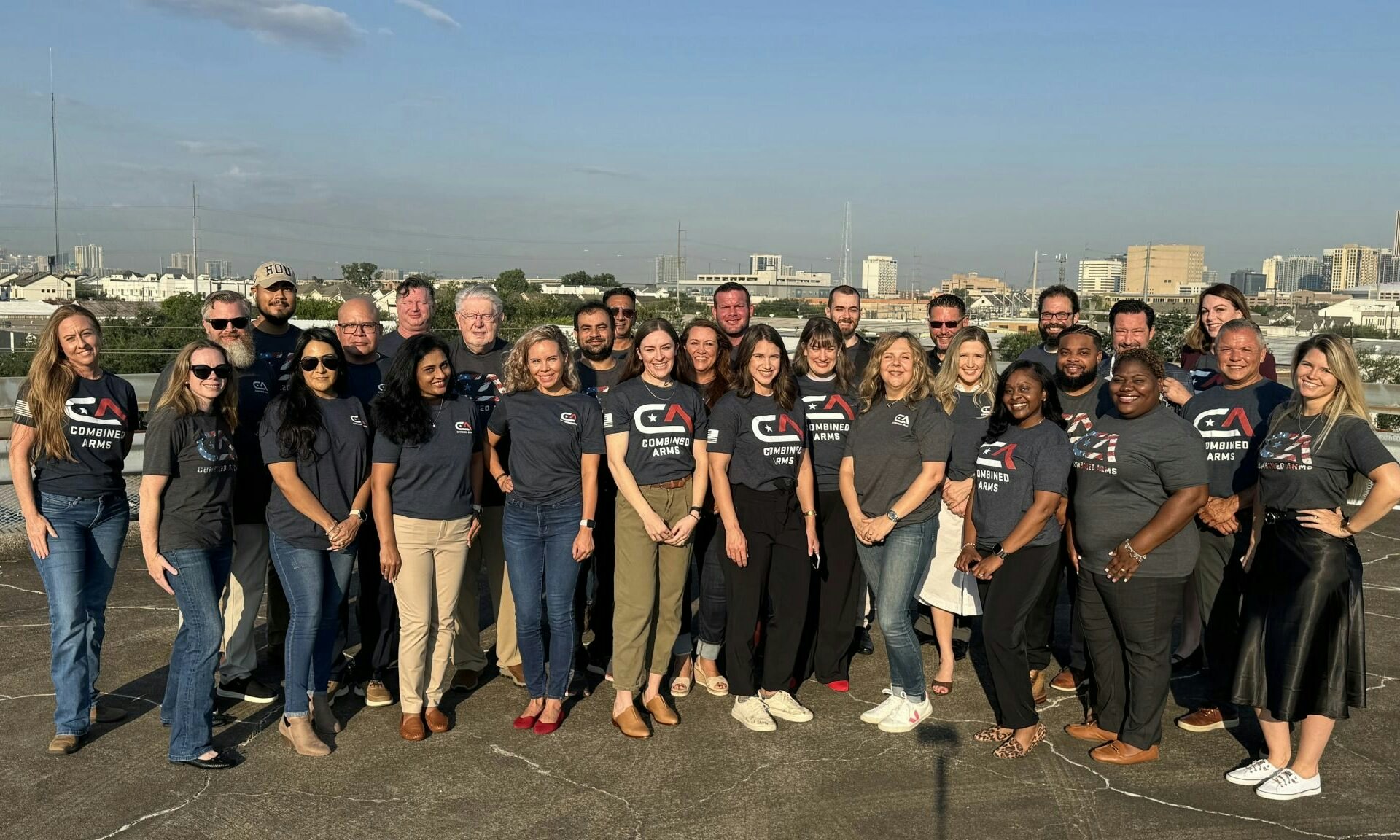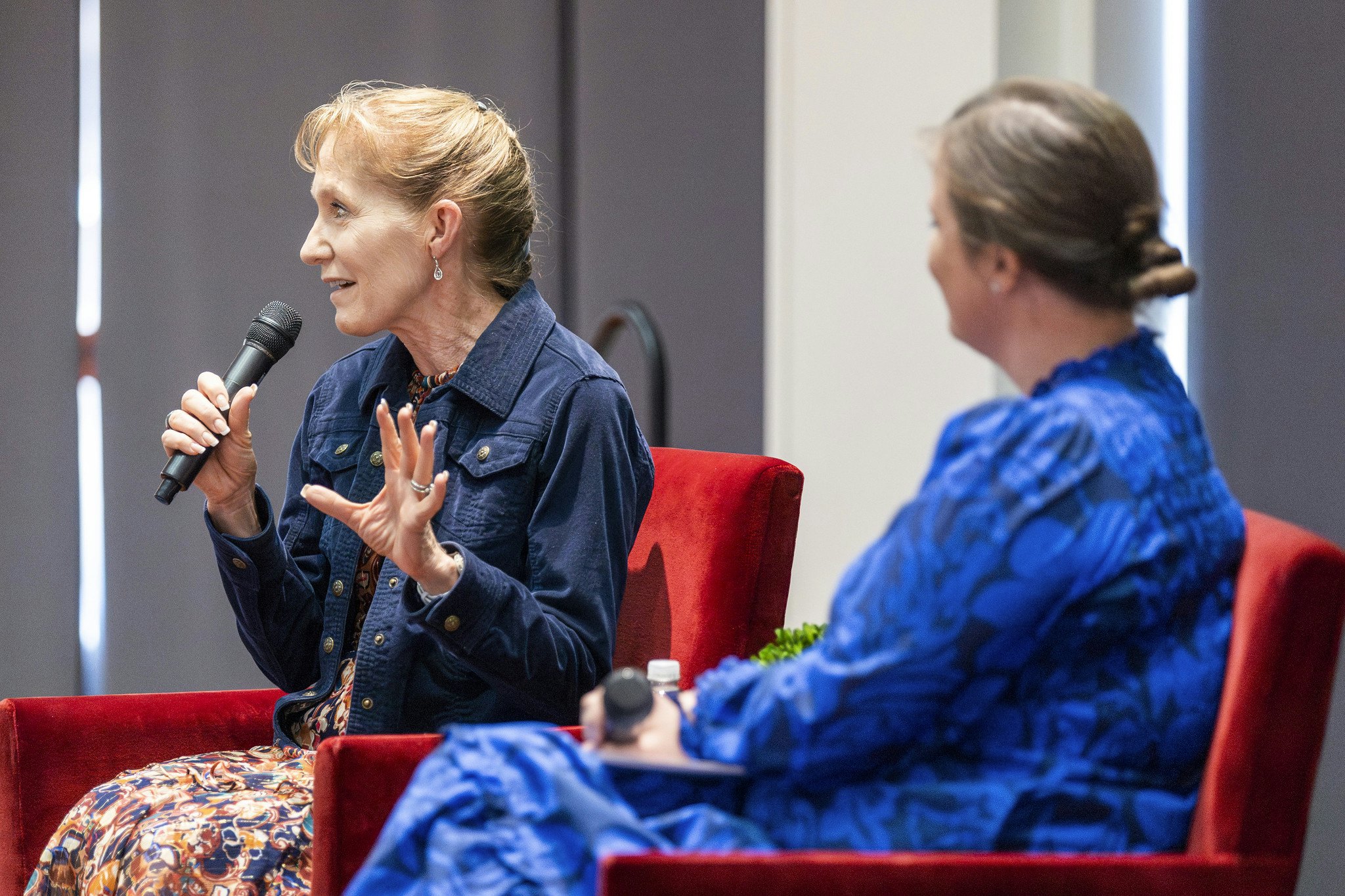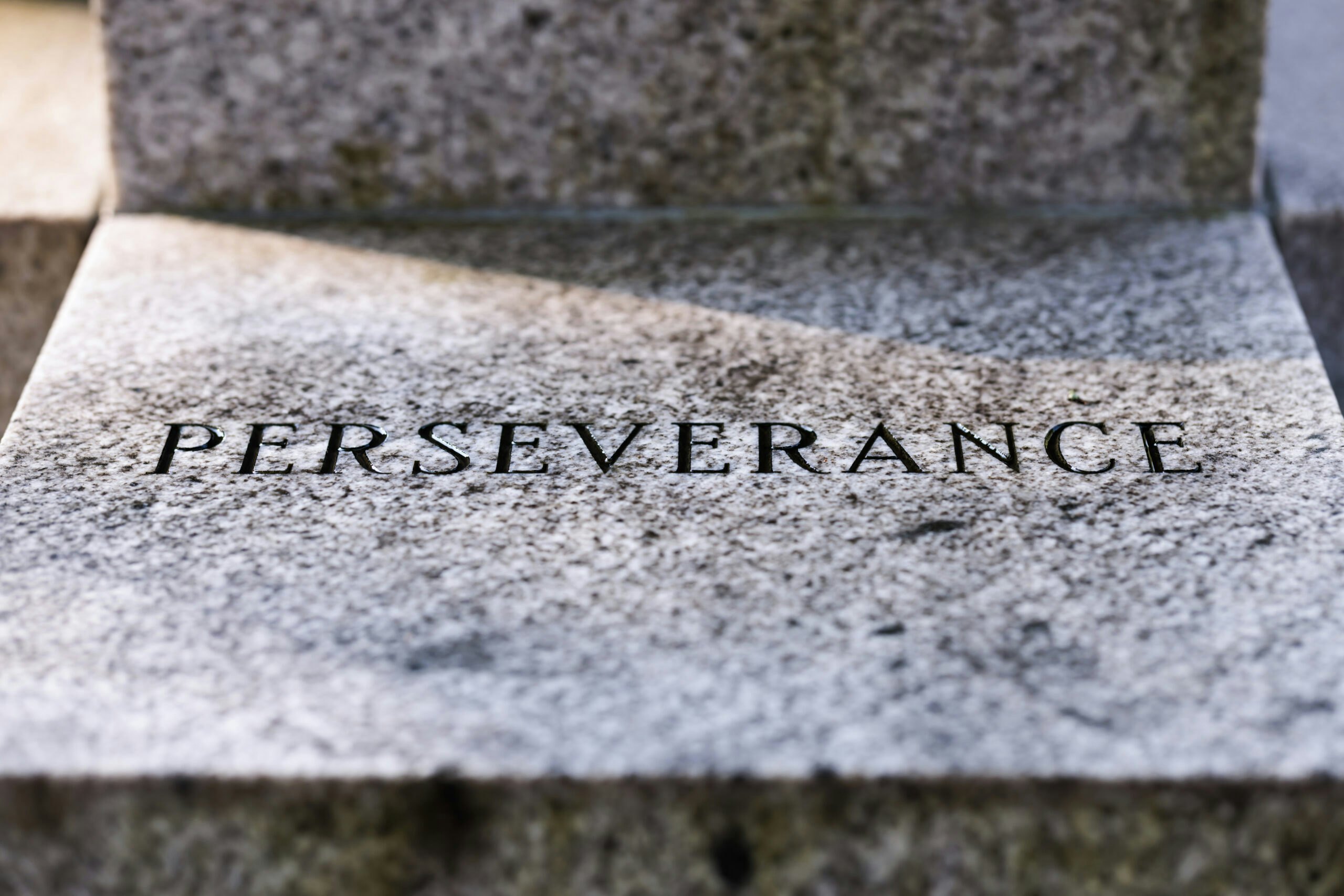Blayne Smith, inaugural winner of the George W. Bush Institute Military Service Citation, explains how veterans can help the nation resolve large public problems.
In 2002, I was a 23-year-old platoon leader, and I didn’t have much interest in politics. I considered my role in policy to be solely in the execution, especially during a time of war. My job was to take lawful orders and lead my men to their successful completion. But, it wasn’t that I was totally oblivious to national and international issues.
I’d been an economics major at West Point and found topics like trade and immigration fascinating. Looking back now, I wonder if perhaps my choice to cognitively separate the formation and execution of nation policy played an important role in my combat leadership. Maybe it allowed me to fulfill my duties with a level of conviction required to face the terrifying and often ugly nature of armed conflict?
You can imagine how one’s ability to focus on what he can control, and dismiss what he cannot, would be a useful skill in a chaotic and dangerous environment like war. It makes perfect sense for an infantry soldier in the mountains of Afghanistan to tune out the news and commit all of his energy to the task at hand.
The trouble is, this mindset tends to persist after our military members take off the uniform, leaving us with a lack of smart, informed, and experienced veteran voices in today’s policy debates. This is unfortunate for all of us because not only are veterans completely invested in the health of our democracy, they are seasoned leaders with the character and perspective to help us navigate many of the complex issues that the nation currently faces.
Veterans have a unique understanding of what policy looks like when it takes effect. From the Iraqi surge to the budget sequester, the military sees and feels the impact in a real way. These aren’t theoretical debates that only occur within the media and the Beltway. They are important decisions that directly influence their lives. Given this valuable perspective and a deeply vested interest in so many of our policy debates, we need veterans to lend their voices to critical social issues.
Public policy, by its very nature, involves tradeoffs and compromise. It requires a willingness to put aside self-interest and act on behalf of the whole. It takes leadership – servant leadership. In a time of so much polarization and hyperbole, this brand of leadership is more important than ever, and veterans are steeped in it.
At every level, the military reminds you that leadership is a responsibility, and not a privilege. As a leader, you put the mission and the welfare of your people above your personal needs. You are the last to eat, the last to sleep, and the first to volunteer. Our public discourse not only needs veterans to offer their opinions, it needs their leadership.
The United States is the most diverse country on the planet. This affords us a tremendous competitive advantage, so long as our policies pull from and reflect our diversity.
Veterans have extensive experience in working on diverse teams in challenging and stressful environments. Overcoming large social challenges requires us to understand others’ perspectives and needs while working for a collective goal. From the first day of basic training, this has been business as usual for our military veterans. Their ability to strip away that which makes them different and embrace that which they share was vital to their survivability on the battlefield and continues to be a source of strength after taking off the uniform.
With the rise of technology and an increasingly global economy, the world is getting smaller and more complex by the day. As our cities, states, and nation attempt to navigate a path forward, we need experienced and thoughtful voices to fill the public discourse. Veterans are certainly not the only source of these voices, but I’d submit that they are severely underrepresented and desperately in need.






























